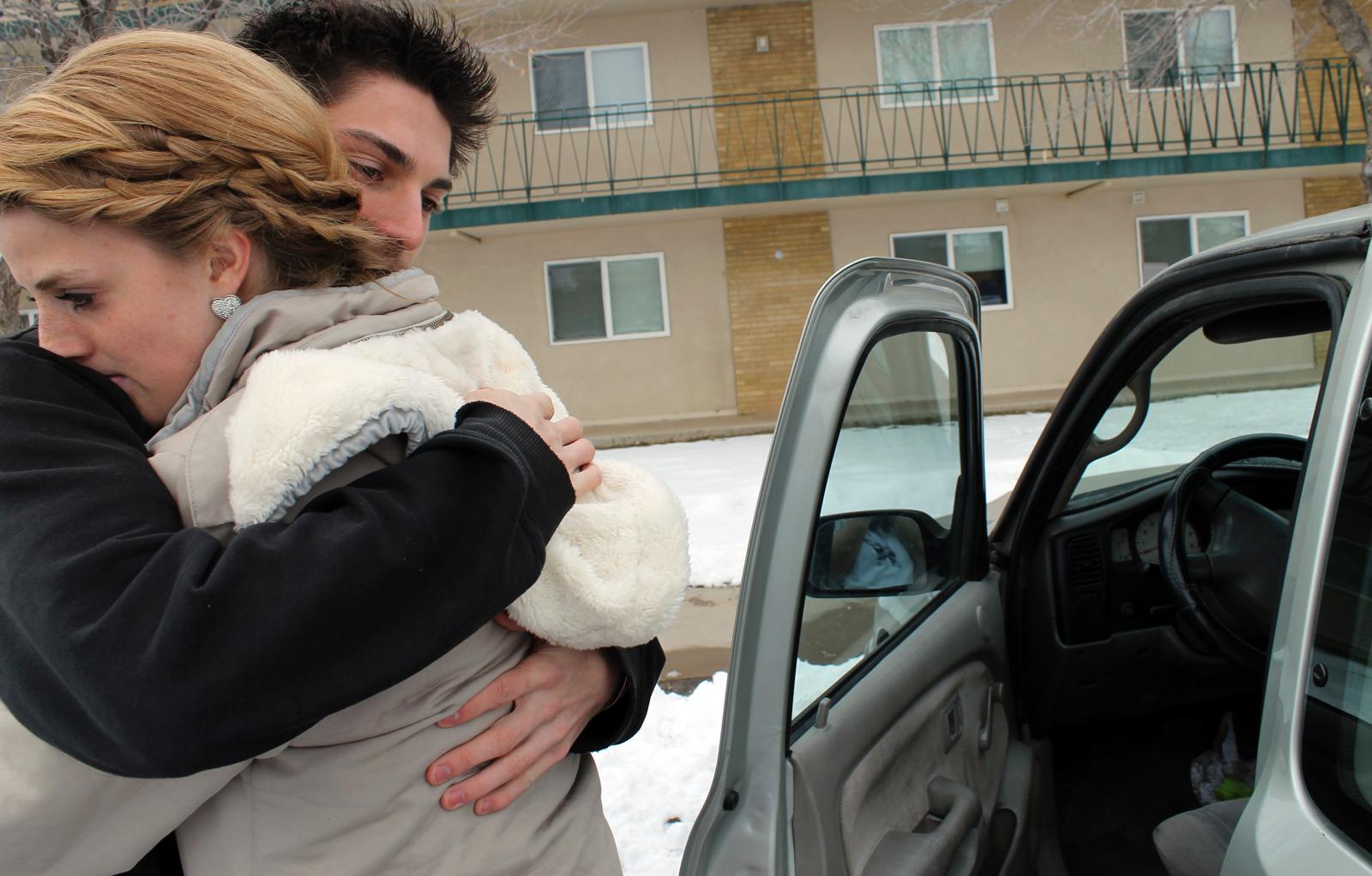Utah residency renders benefits for students
Coming to USU from outside of Utah can be expensive to some, unless students are able to gain residency. The process to become a resident, however, can be complicated.
“It was painful,” said Samantha Beirne, a sophomore majoring in conservation and restoration ecology. “There were a lot of steps involved but it was definitely worth the work.”
To become a resident, students must live in Utah for 12 months, obtain a Utah driver’s license, register their car if applicable, register to vote and be declared independent on their tax forms.
“I know at other schools it is a more difficult process,” said Madalyn Page, a sophomore majoring in Biology. “You can’t be a full-time student and need to work half the time. It is really complicated. I was really happy with the Utah residency process.”
However, moving from one state to another and immediately becoming a resident can be overwhelming.
“There is a lot of pressure on people to complete the residency forms and is kind of an inconvenience for the first year,” said Sara Armbrust, a freshman majoring in elementary education who is trying to gain residency. “Plus I don’t get to see my family much, which is hard.”
Students are allotted thirty days to spend out of the state. This includes Thanksgiving, winter, spring and summer breaks. Assuming a student leaves the state for the entirety of Thanksgiving break – five days – and winter break – about 24 days – a single day remains for spring and summer breaks, forcing nonresident students to spend their summers in Utah.
“I spent two summers here,” Page said. “The first summer was weird because it was actually before I started school and I only knew my sister, but the second summer was awesome. All sorts of people were here gaining residency.”
Students must verify they were in the state by providing proof of housing, transcripts and pay stubs to prove their presence in Utah. However, rumors spread about the sneaky students who leave the state in the summer.
“I have heard of people having their address at their grandmother’s house and actually being somewhere else and someone who spent the entire summer in California while gaining residency,” said Page. “I don’t know how they do it.”
Non-residents also must go to the DMV to get a Utah driver’s license. They must pass a written driver’s test and give up their previous state license.
“I had to go to the DMV twice because the university gave me the wrong forms,” Armbrust said.
“The worker at the DMV said that they reject people all the time because they have the wrong forms. The university tells us we have to do this, this and this in order to get a license but they aren’t clear about what forms you need to ask for.”
Beirne said she struggled with the process and had to battle the details to register her car. She went to the DMV but was told she needed a safety inspection, which she then failed. After waiting on the correct parts, fixing the car and finally passing the safety inspection, she returned to the DMV to find it was closed.
“It is hard to go to the DMV when you have classes because they close at five and aren’t open on the weekend, and that was only part of the process,” Beirne said.
Voting in Utah is also an adjustment to becoming a resident. Some residents want to be informed about the Utah political system after a relatively short time in the state.
“You jump into Utah without knowing anything about the politics, then you have to vote even though you don’t know anything about Utah,” Beirne said. “But you learn.”
The Utah political system can come as a shock to many new Utah voters, Page said.
“Voting was tough since I came from a swing state into Utah,” she said. “Utah is just different.”
The final piece to becoming a resident is being declared independent on their tax forms and the responsibility of the paperwork.
“I didn’t do my own taxes,” said Beirne. “I faxed them to my dad and he brought them to me to sign.”
She said overall, the benefits of being a resident outweigh the costs.
“It is really hard to pay out of state tuition,” Beirne said. “It is really expensive, especially since I am paying for college myself. I am going to Utah State because they offer residency. Otherwise, I don’t know what I would’ve done to pay for school.”
Resident tuition is about $10,000 cheaper per year than nonresident tuition.
“It’s nice knowing that I can afford school,” Armbrust said. “It takes a lot of the stress off.”
A new bill was introduced to the Utah Legislature that would remove the cap on the number of waivers allotted to institutions of higher education for nonresident students who meet certain academic and admission requirements. It would waive the difference between the resident and nonresident tuition for students who meet certain standards.
“I think meeting the requirements would be a good incentive for people to work for,” Armbrust said. “The people who work hard and get the good grades have the tuition difference covered and the people who don’t meet the criteria can still become residents in their first year.”
The bill would allow some people to skip the residency process.
“It would be nice if you didn’t go through the whole process and didn’t need to gain residency to get lower tuition,” Page said.
“I think the bill would attract more out-of-state students, although I think the current system attracts a lot of students as it is,” Beirne said.
– brianne.palmer@aggiemail.usu.edu

